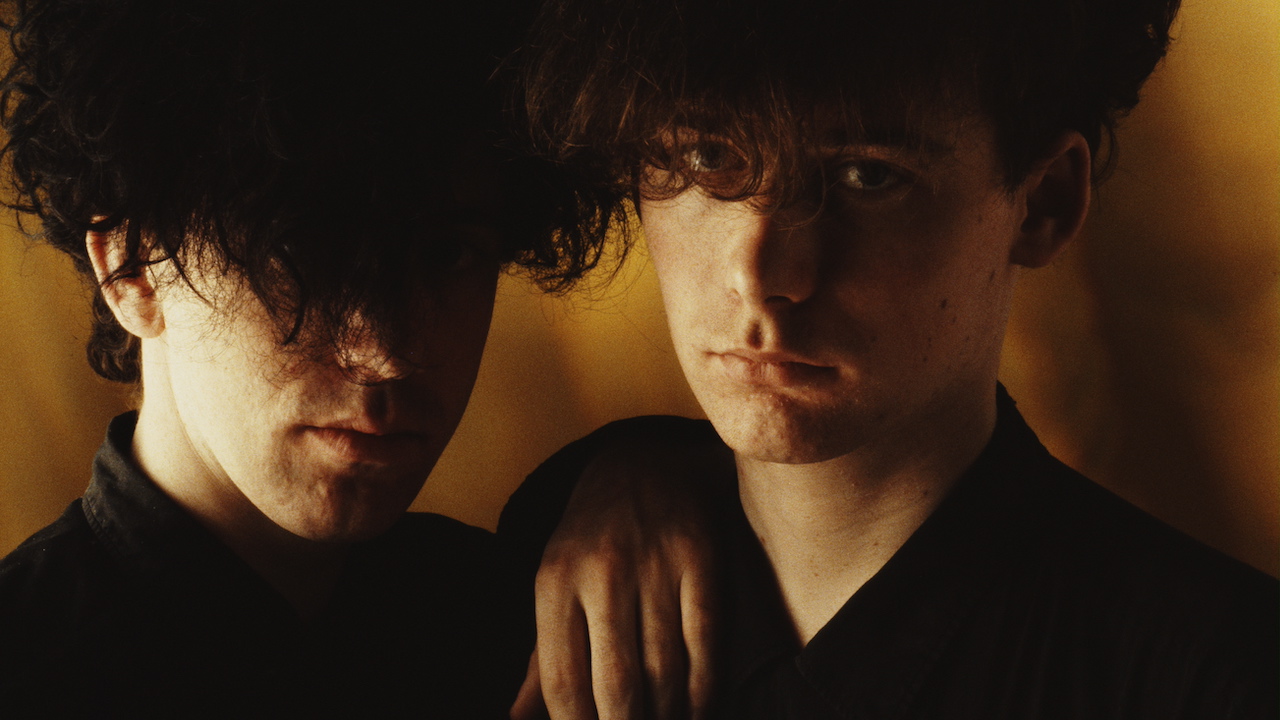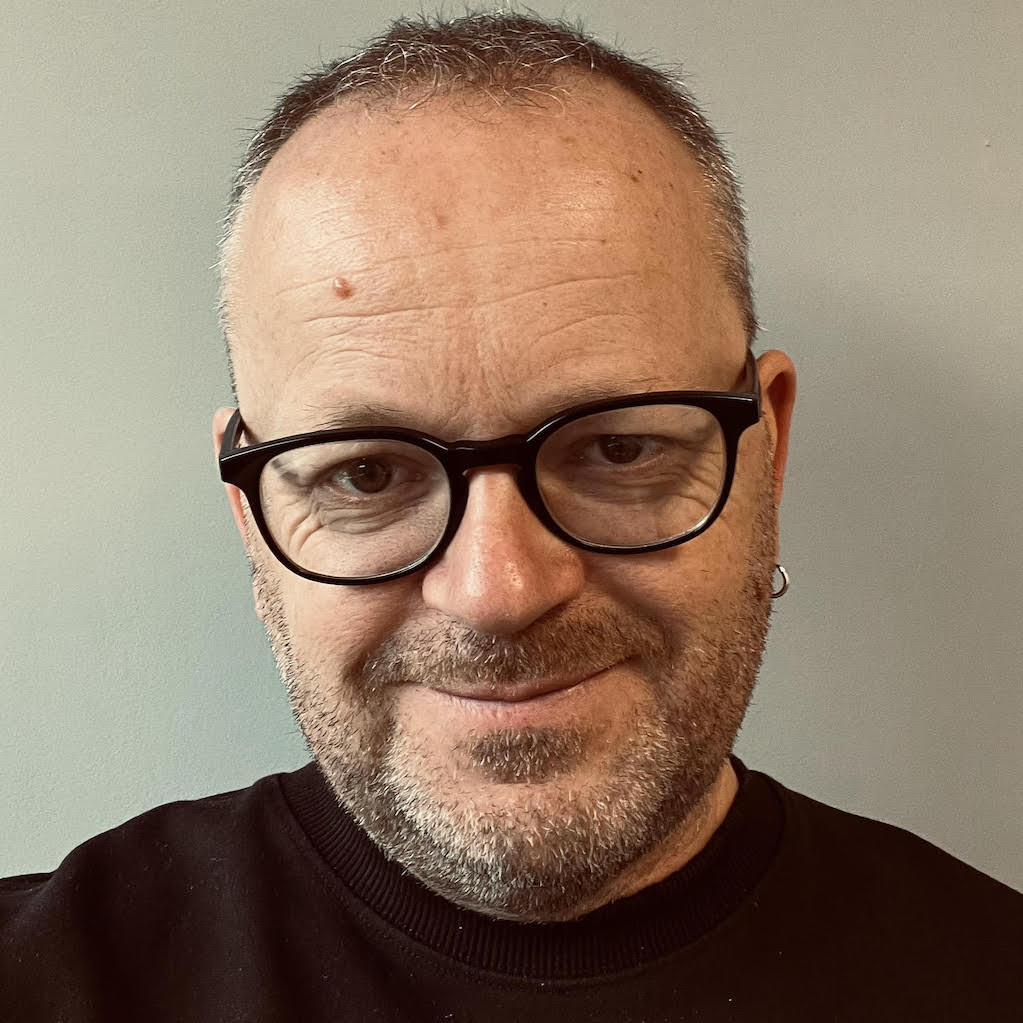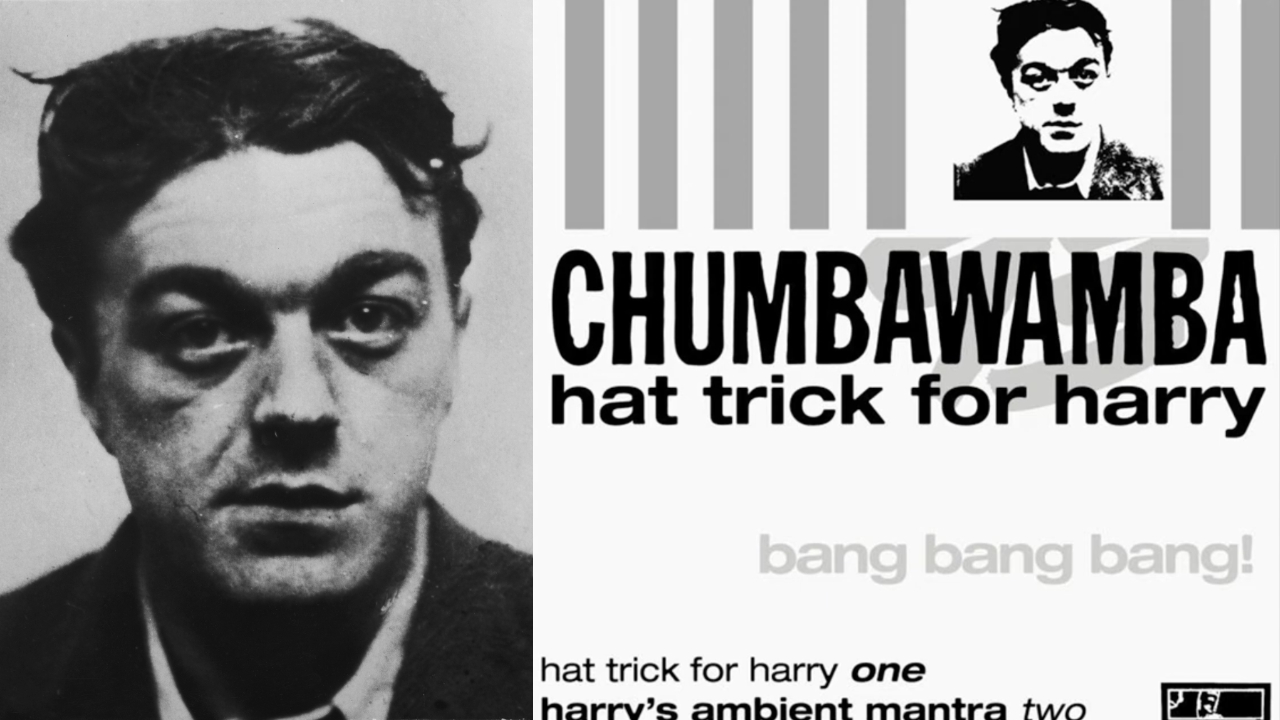Riots and Rollercoasters: How My Bloody Valentine stole the Jesus & Mary Chain’s thunder
30 years ago this week, the Rollercoaster tour hit the UK, featuring Dinosaur Jr, My Bloody Valentine and Blur. The Jesus & Mary Chain were never as relevant again

I saw the Jesus and Mary Chain at Glasgow Barrowlands in February 1986, just three months after the release of their debut album, Psychocandy. They came on late, I would say deliberately late, so late that the atmosphere – already tense and aggressive – had turned really fucking nasty.
The Mary Chain were being hailed as ‘The New Sex Pistols’ and aggro was starting to follow them around. Some of the audience looked like they were there for the aggro.
It’s hard to explain the atmosphere around the Mary Chain at that time. The music was gorgeously catchy, with Phil Spector drum beats and irresistible melodies ripped from Beach Boys via the Ramones. But the subject matter and the imagery surrounding them – the hair, the leather, that sullen, drug-soaked nihilism – and the wall of feedback that howled and crackled through every song, was deliberately antagonistic.
There’s a Scottish phrase for annoying people: “noising them up” – eg “Uch, ignore him, he’s just noising you up”. It means to wind people up, to antagonise, get noise from them, or maybe bother them with your noise.
The Mary Chain were noise-up merchants.
“We could have made this a nice song,” their music implied, “but we chose not to. And you know what? Fuck you.” As a Scottish council house kid in Thatcher’s Britain, there was something beautiful about that. They were our band.
When they finally came on at the Barrowlands, they played for around 40 minutes - nine songs - with their backs to the audience the whole time. The place exploded. Everyone was pogoing, even to slow songs like Just Like Honey. I was 15, my mates 16. We pogoed around like maniacs and a passing grown up – a 30-something man – punched my mate square in the face.
The latest news, features and interviews direct to your inbox, from the global home of alternative music.
Terrible, right? Except it wasn’t. It was one of the most exciting things I’ve ever been a part of.
A month later they played North East London Polytechnic and the gig ended in a riot, the band leaving the stage after 20 minutes and the audience taking over, wrecking the venue and the band’s equipment. Later, their manager Alan McGee said, "The audience were not smashing up the hall, they were smashing up pop music."
Darklands followed in 1987. The feedback was more or less gone, and the songs were safe enough to get played on daytime radio, and the band ended up on Top Of The Pops. The record was great, but the whole thing felt defanged. They hadn’t smashed up pop music – they’d just made it a bit better.
It was understandable. All that aggression they’d stirred up? It was exciting to witness, but imagine facing it every time you took to the stage. Darklands was moody, yeah, but it was also shot through with a dark romanticism.
Automatic (1989) felt formulaic. A bit John-Hughes-movie-soundtrack. A bid for American superstardom. Honey’s Dead came out in March 1992. If it was hard to get excited about, the tour to support the album was a different matter.
On 25 March they played Glasgow’s SECC on the second date of the Rollercoaster tour, supported by My Bloody Valentine, Dinosaur Jr and Blur. Dinosaur Jr were coming off the back of Bug, a no.1 indie album in the UK, and had a new album Green Mind. Blur? Well, Blur were a bunch of baggy chancers at that point. Did they want to be the Stone Roses or The Jam? It was hard to tell.
My Bloody Valentine, meanwhile, were one of the hottest bands in Britain. Loveless had come out the previous November. Massively influenced by the Mary Chain and Dinosaur Jr, with Loveless they – not the Mary Chain – were the ones who had smashed up rock music and created a masterpiece in the process.
Loveless influenced metal bands, stoner rock bands, helped change the way people thought about and used guitars. (In guitar circles they’re calling the age we’re in right now The Age of the Pedal: that obsession with tech, tone and texture can be tracked back to Loveless and Kevin Shield’s endless experimentation and maverick vision.) Its blank-eyed grooviness opened up old punks to a kind of sonic bliss that connected to what was happening in club music.
So Rollercoaster was an event. Most of the audience had probably never been to the SECC. It was where the major acts played: the three gigs before Rollercoaster were Whitney Houston, Bryan Adams and Tom Petty. This was more than just another gig at the Barrowlands. Which was exactly the idea.
The Jesus & Mary Chain had played Perry Farrell’s Lollapalooza package tour and found the experience soulless, coming onstage at two in the afternoon after Pearl Jam.
“So we thought, ‘Why not do a good version of it?’” Jim Reid said later. “We were just trying to shake things up. We were sick to death of plodding up and down the UK on our own, playing the same shitholes.
“The venues we played on Rollercoaster, like Whitley Bay Ice Rink and Glasgow SECC, we could never have done on our own. Instead of a fucking cold Friday night in Nottingham Rock City, it felt a bit more like being a rock star – more a Bowie/Bolan thing. The idea was to have bands from different corners of the indie scene. It was pre-Britpop, so Blur were there to cover the Manchester/baggy thing, the grunge thing was covered by Dinosaur Jr., and then it was the Valentines doing freak-out noise, and we were doing something similar, but more poppy.”
I’m not sure which order the bands played in Glasgow, but I know this: Blur were out of their depth. Dinosaur Jr were boring. The Mary Chain had the lights – and the hits – of a true headline band. And My Bloody Valentine wiped the floor with every single one of them.
I had seen MBV twice before then: once at the Glasgow College of Building And Printing, supported by a upcoming local band called Teenage Fanclub, and once at the Barrowlands, where their trippy, woozy sounds made me feel stoned (a year or two before I'd actually ever been stoned).
For Rollercoaster, they came armed with something they were calling The Holocaust. There is footage of The Holocaust online from when they reformed in 2008 but it bears little resemblance to what I remember that night. At the SECC, in the middle of a pulverising You Made Me Realise, the band fixed on one note and played it for about ten minutes. Together. Repeatedly. One. Very. Loud. Note.
In the 2014 documentary, Beautiful Noise, the Smashing Pumpkins’ Billy Corgan summed up the effect perfectly: “It was full volume and for the first three minutes it's like, ‘Oh okay this is kind of cool. Then you're like: ‘This is really too much. I wish they'd fucking stop’. And then at about 7 minutes it actually became kind of funny. And about 10 minutes in you start actually getting into it.”
The Mary Chain's audience had rioted, smashing up their gear. My Bloody Valentine turned the tables: they unleashed the riot. They smashed up the audience. By the time the Mary Chain came on, we were in pieces. Their polished pop was a relief but it couldn’t beat that. It was the Mary Chain’s last stand. They were never as relevant again.
(Footnote: I saw the Mary Chain at the Roundhouse at the end of 2021. They played Darklands from start to finish. They stopped for an interval. I have never, ever, felt so middle-aged.)
- Do you remember the 7th best track of 1992?
- It's 1992 and Buffalo Tom are mixing Hüsker Dü and Van Morrison to make one of the decade's greatest albums
- The indie vs rock battle at the heart of the Manic Street Preachers' Generation Terrorists
- The record that stopped the world: the outrage and the comedy behind Body Count’s Cop Killer

Scott is the Content Director of Music at Future plc, responsible for the editorial strategy of online and print brands like Louder, Classic Rock, Metal Hammer, Prog, Guitarist, Guitar World, Guitar Player, Total Guitar etc. He was Editor in Chief of Classic Rock magazine for 10 years and Editor of Total Guitar for 4 years and has contributed to The Big Issue, Esquire and more. Scott wrote chapters for two of legendary sleeve designer Storm Thorgerson's books (For The Love Of Vinyl, 2009, and Gathering Storm, 2015). He regularly appears on Classic Rock’s podcast, The 20 Million Club, and was the writer/researcher on 2017’s Mick Ronson documentary Beside Bowie.
